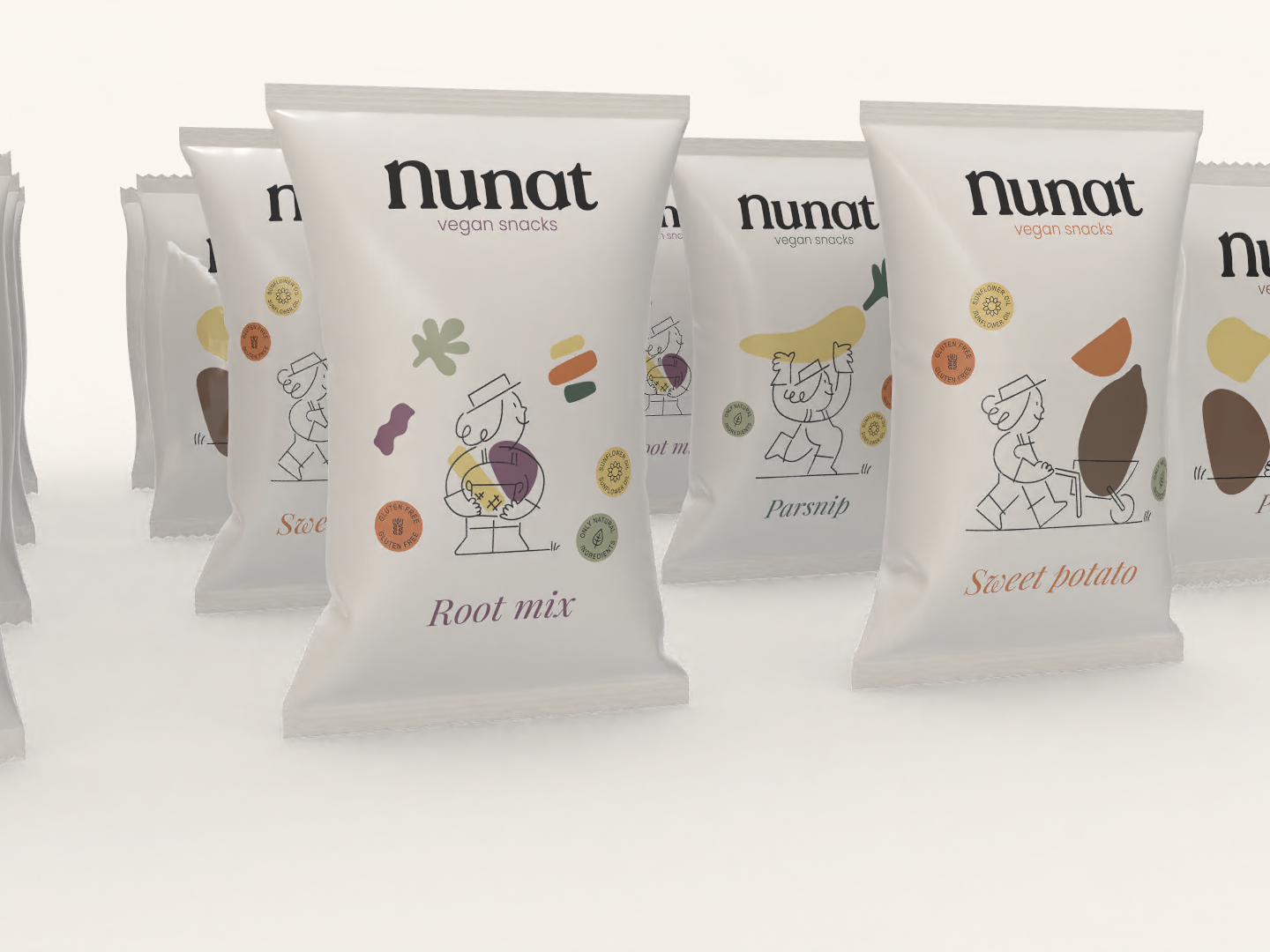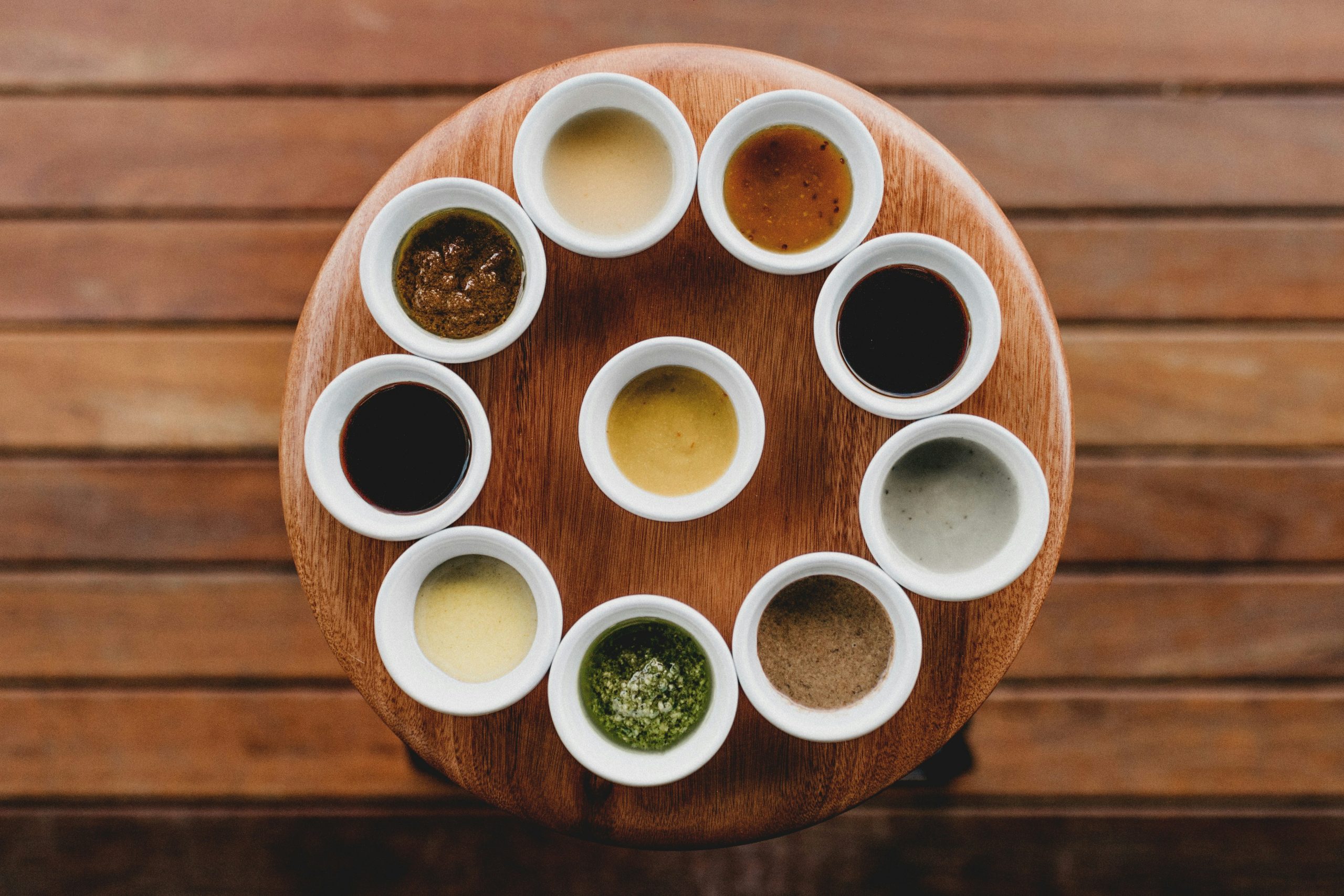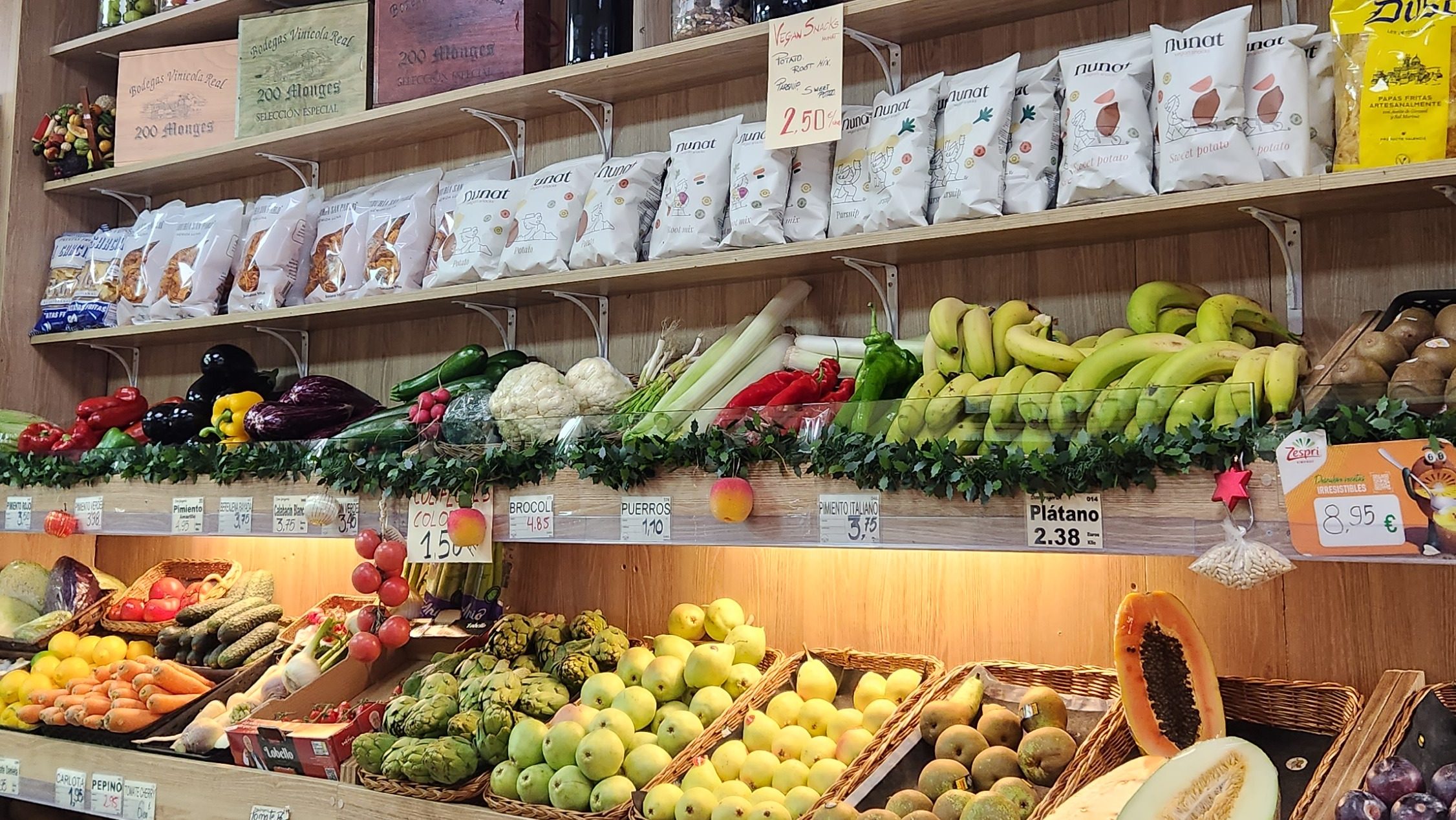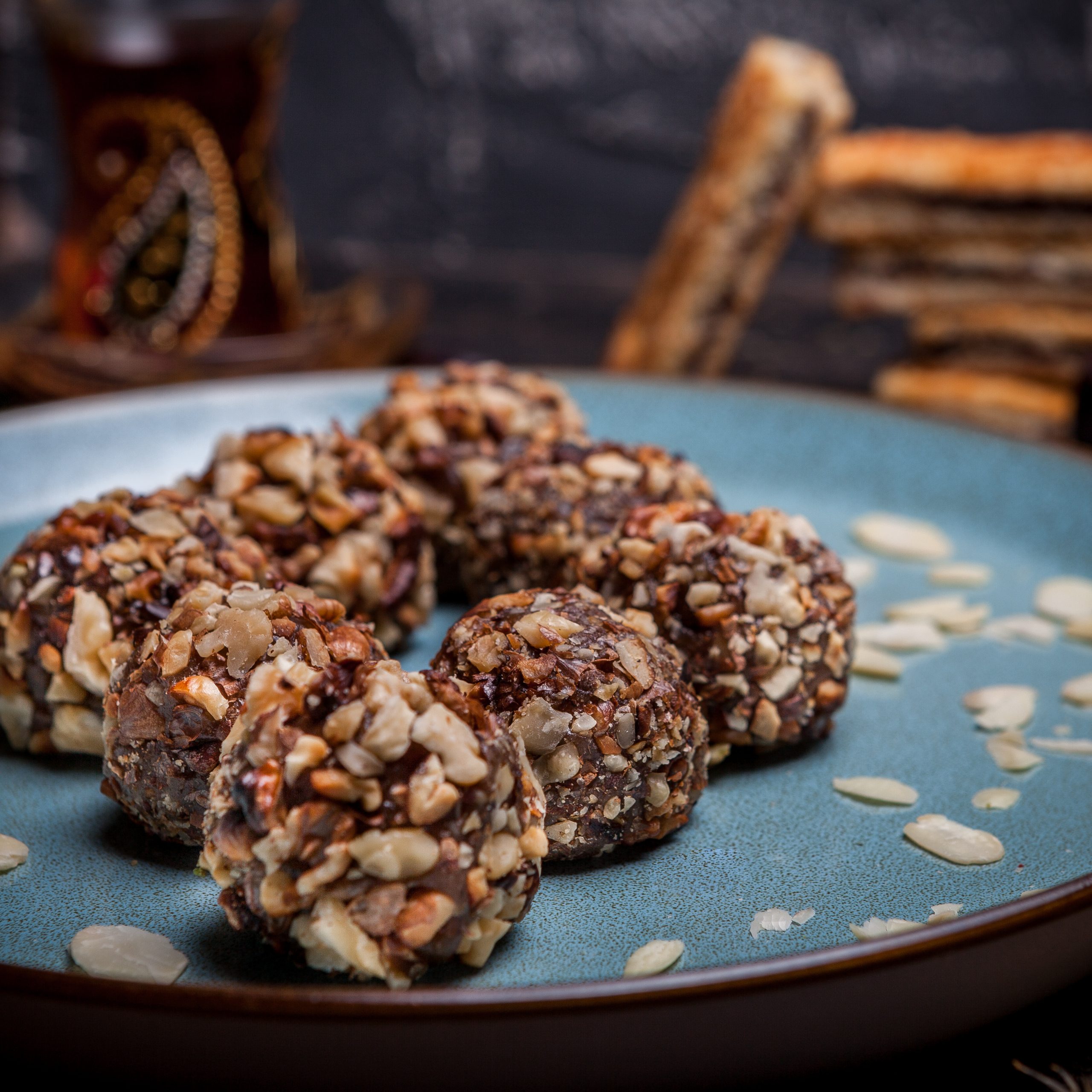Parsnips, potatoes and sweet potatoes are a power trio. We´ll be unlocking the Nutritional Benefits of the unique vitamins, minerals, and health benefits of each of these incredible root vegetables.
1. Parsnips: A sweet and Nutty powerhouse

First of all, parsnips are a fiber champion! They have even more fiber than potatoes. This amazing nutrient is really important for a healthy gut, helps you digest food well, and makes you feel full, which can help you manage your weight. Furthermore, fiber can even help keep your blood sugar and cholesterol at healthy levels.
Next, if you’re looking for an immune boost, parsnips are a good source of Vitamin C. This strong antioxidant helps protect your body from damage and keeps your immune system strong. Eating a good serving of parsnips can give you a significant amount of the Vitamin C you need each day.
Finally, don’t forget about the Vitamin K in parsnips. This vitamin is not only important for helping your blood clot but also plays a key role in keeping your bones strong and healthy.
2. Potatoes: A Nutritional Cornerstone

The next member of the power trio is often unfairly labeled as “just carbs,” potatoes offer a wealth of nutrients when enjoyed in their whole form (especially with the skin on!) Myth Buster: Potatoes themselves aren’t unhealthy; it’s often the way they’re prepared that can negate their nutritional benefits.
Potatoes are full of potassium, even more than bananas! Potassium is super important for healthy blood pressure, how your nerves work, and keeping the right amount of liquid in your body.
Like parsnips, potatoes have a good bit of Vitamin C, which helps your body fight off sickness and protects your cells. They also have Vitamin B6, which is important for your brain, nerves, and how your body uses energy.
Another interesting fact is that potato skin contains a lot of fiber, which helps you digest food and feel full. Different kinds of potatoes (like red, yellow, and purple ones) have different amounts of healthy stuff called antioxidants. For example, purple potatoes have anthocyanins, the same things that make blueberries blue and good for you.
Here’s a cool thing: when you cook potatoes and let them cool down, they make something called resistant starch. This acts like fiber, feeds the good bacteria in your gut, and might even help keep your blood sugar steady.
3. Sweet Potatoes: A sweet favorite

Finally we have sweet potatoes. With their vibrant orange flesh and naturally sweet flavor, sweet potatoes are a beloved root vegetable for good reason:
They have a lot of beta-carotene, which is a strong helper that your body turns into Vitamin A. Vitamin A helps you see, fight off sickness, grow healthy cells, and have good skin. Eating just one serving can give you more Vitamin A than you need in a whole day!
Like other root veggies, sweet potatoes have lots of fiber. This helps your digestion and keeps your blood sugar steady. They also have some Vitamin C, which helps your body fight germs. Sweet potatoes have manganese, a mineral that’s important for your body’s energy use, strong bones, and fighting damage to your cells. Plus, they have potassium, Vitamin B6, and even some anthocyanins (mostly in purple sweet potatoes), which all add to how healthy they are.
Some studies even say that sweet potatoes might help the good bacteria in your gut grow!
Embrace the Roots!
So, the next time you’re at the grocery store, don’t overlook the humble root vegetable aisle. Parsnips, potatoes, and sweet potatoes are far more than just simple carbohydrates. They are a power trio packed with essential vitamins, minerals, and fiber that can contribute significantly to your overall health and well-being. Embrace the power trio and discover the delicious and diverse ways to incorporate these incredible vegetables into your everyday meals.






